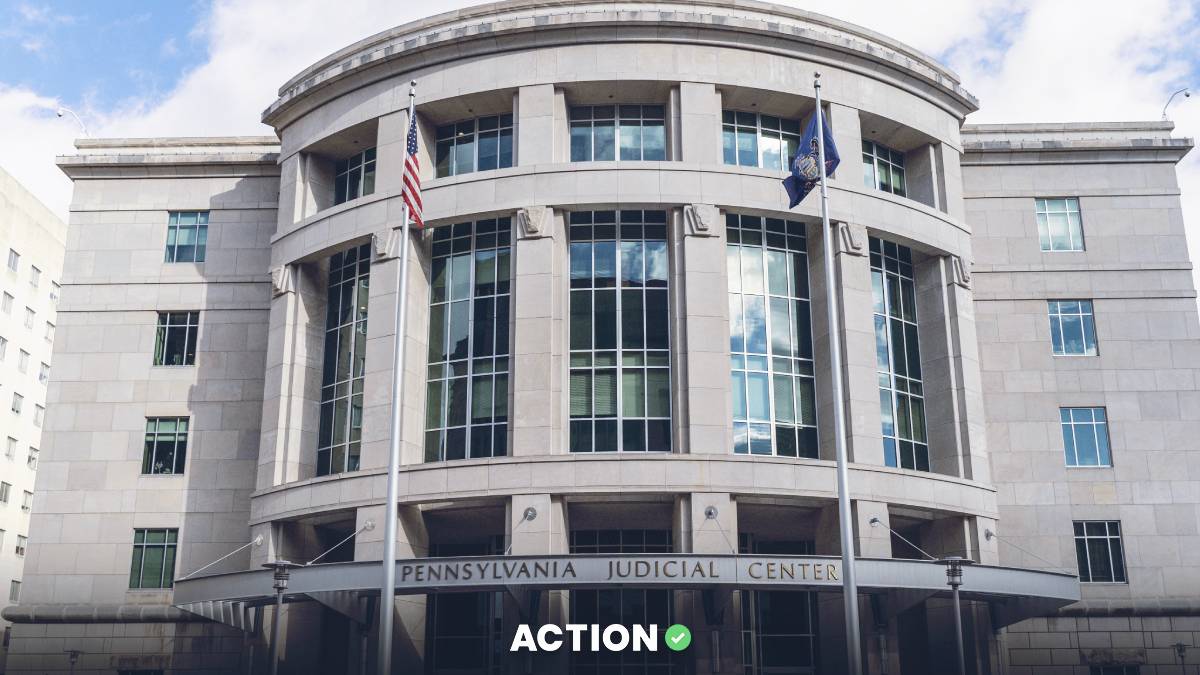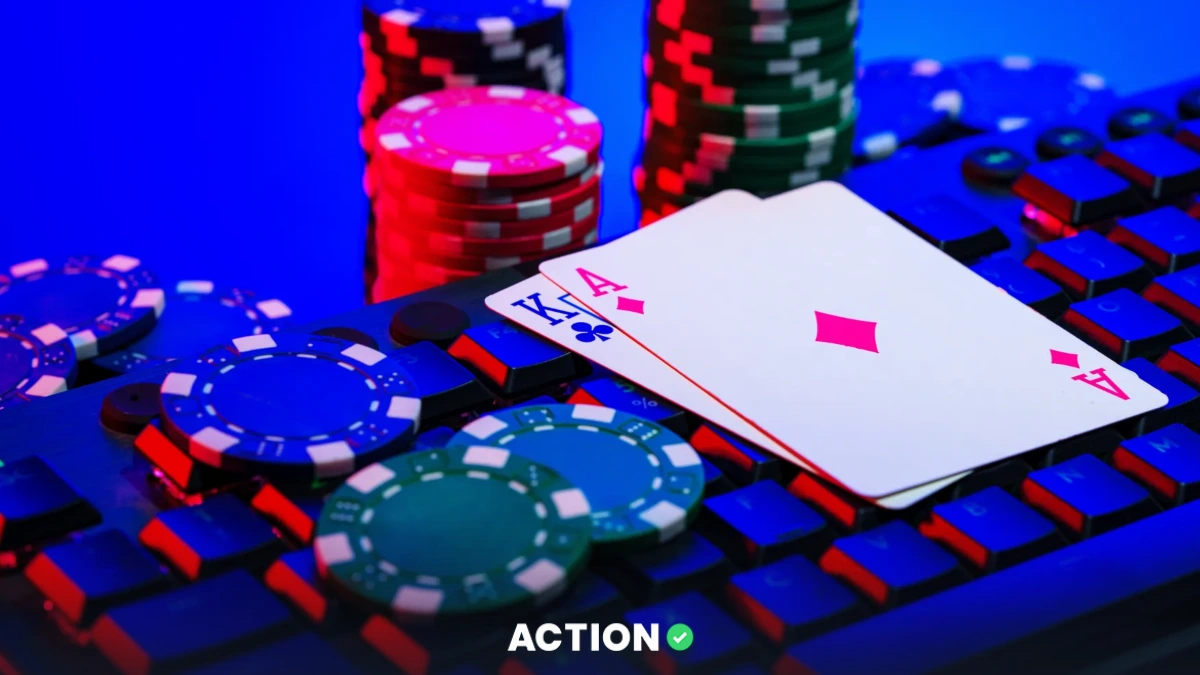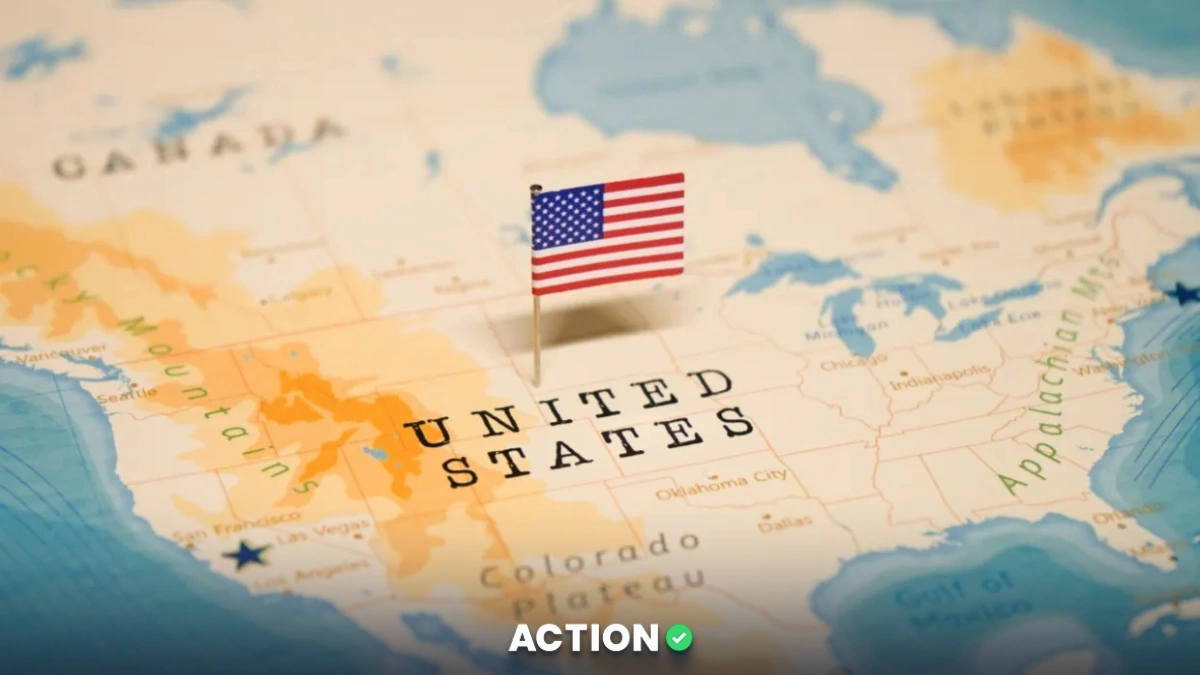As the Pennsylvania Supreme Court prepares to hand down a pivotal decision, the future of skill games in the state hangs in the balance.
These machines, which combine elements of slot gaming with skill-based components, have thrived in a legal gray area. The court's verdict — expected imminently — could profoundly impact their legality and usher in a new era for Pennsylvania’s gaming industry.
This isn't the first time skill games have been targeted in the Keystone State.
They frustrate Pennsylvania Governor Josh Shapiro because he believes they have caused the Pennsylvania Lottery to lose about $200 million over the past five years. And Gary Hendricks, Vice President and General Manager of Presque Isle, said the legalization of skill games is pulling players away from the casinos.
It's a push that heated up over the summer.
Legislative Developments: A Push for Regulation
Despite bipartisan support, Pennsylvania's most recent state budget left skill games unregulated.
Lawmakers, including Governor Josh Shapiro, have labeled this a piece of “unfinished business,” anticipating that regulatory action will become a focal point in 2026.
Key among proposed legislation is Senate Bill 1079, championed by Senators Gene Yaw and Anthony Williams.
This bill outlines a potential regulatory framework, including a $500 monthly fee per machine, aimed at generating approximately $300 million annually for the state. Another proposal from Senator Chris Gebhard suggests implementing a 35% tax on gross revenue and entrusting oversight to the Pennsylvania Gaming Control Board.
The legislative debate centers around balancing revenue generation with safeguarding public interests, particularly concerning the potential impact on existing casino operations and the risks of problem gambling.
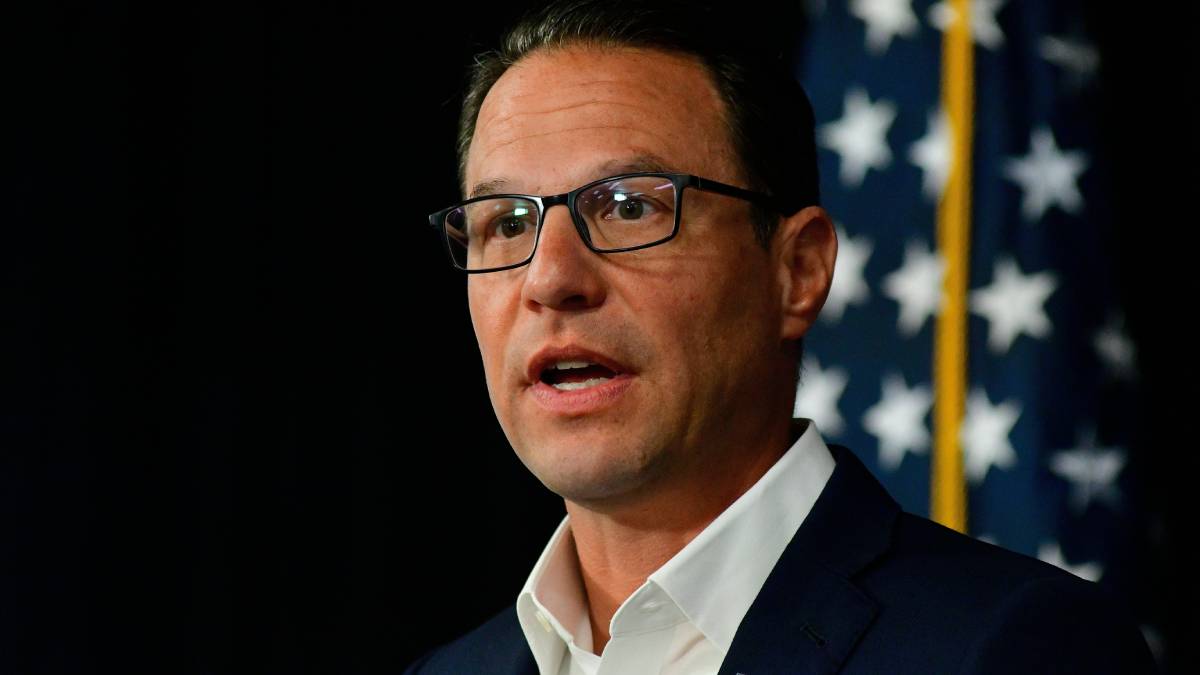
Legal Status and Industry Impact: Navigating Murky Waters
Currently, skill games operate in a nebulous legal space, enabled by Commonwealth Court rulings that permit their use but leave them unregulated and untaxed.
This situation has resulted in substantial revenue losses for the state. Industry giant Pace-O-Matic argues that its machines are legal due to their skill requirement; however, sporadic law enforcement actions, including machine seizures, underscore the ongoing controversy.
The absence of regulation raises significant concerns, particularly regarding underage and problem gambling, given the machines’ widespread accessibility.
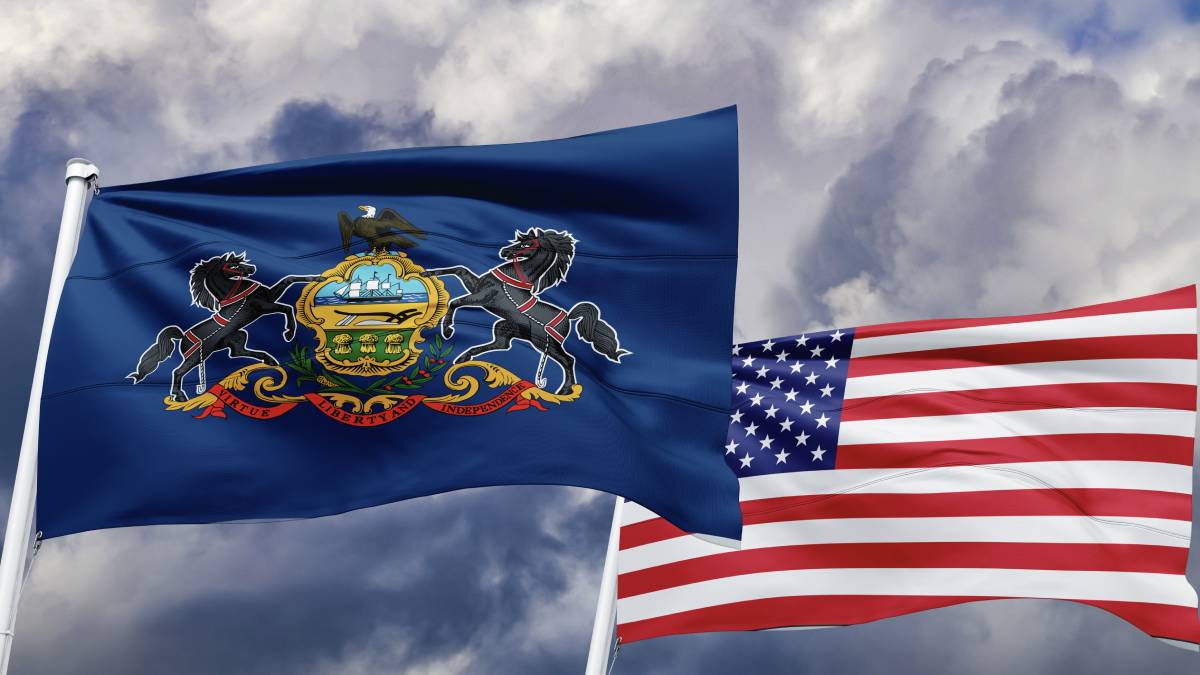
What’s Next: Anticipating Judicial and Legislative Action
With the Supreme Court about to make a decision, the future of skill games in Pennsylvania is on the line.
If the court decides that these games are legal, they could become a permanent fixture in the state. However, if the court rules against them, lawmakers might have to act quickly to create new regulations. If new rules are put in place, they could change how gambling works in Pennsylvania, potentially bringing in a lot of money and solving some existing problems.
No matter what the court decides, it’s important for lawmakers, industry leaders, and the public to keep talking about what should happen with skill games. As events develop, it’s clear that they will change the rules and business models for these controversial machines in significant ways.


